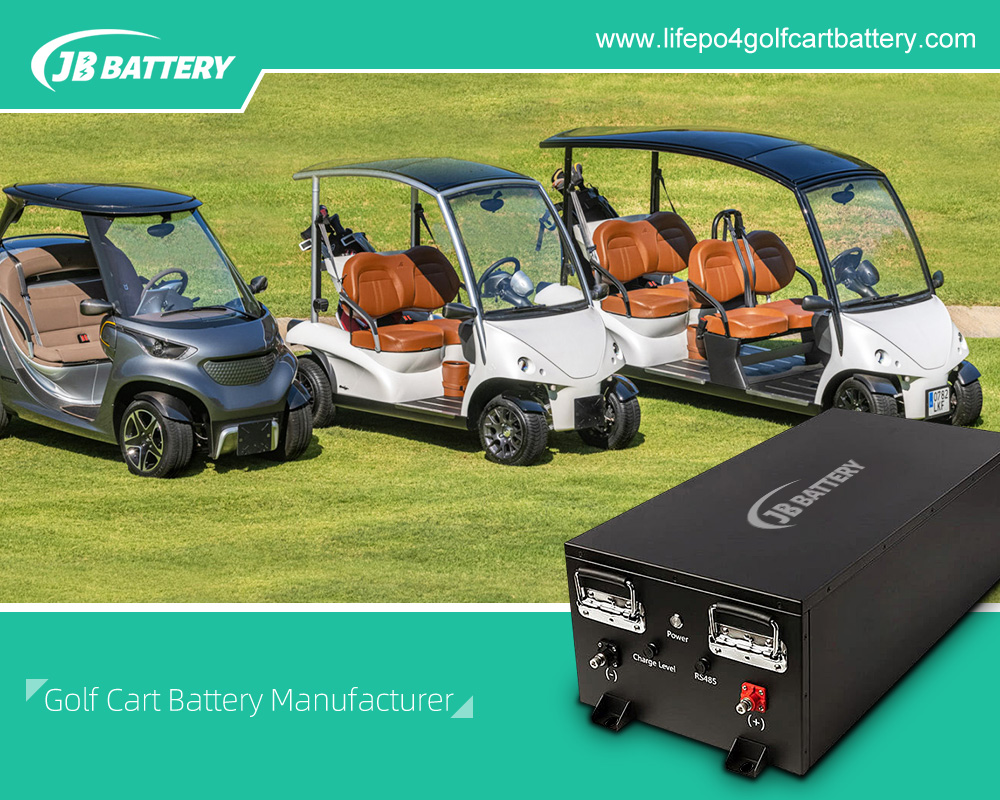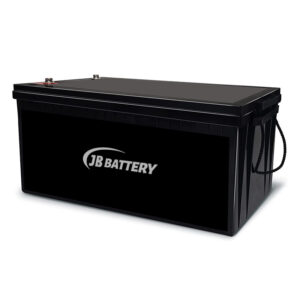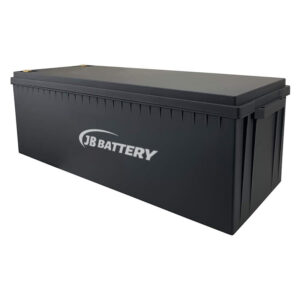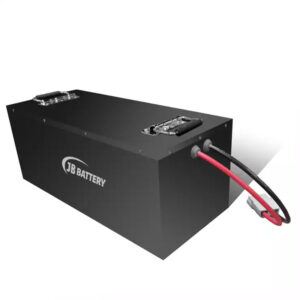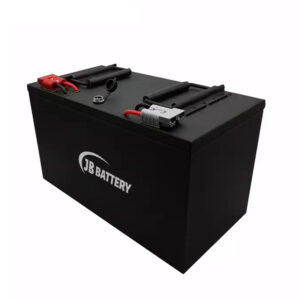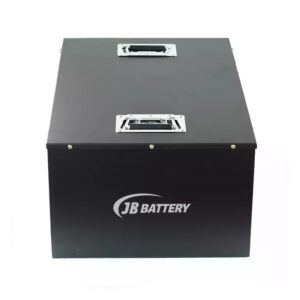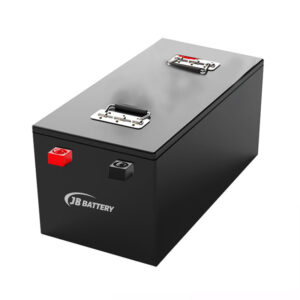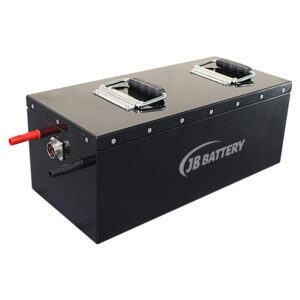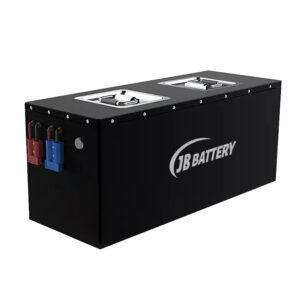The Truth About Lithium Ion Vs Lead Acid Golf Cart Batteries In Golf Car
The Truth About Lithium Ion Vs Lead Acid Golf Cart Batteries In Golf Car
In the modern age of golf, understanding the battery that powers the golf cart you own is vital to the game. Batteries for electric golf carts will help allow you to move around on the course and on the streets. When choosing the right battery for the cart, you’ll need to evaluate Lead-acid and Lithium batteries to choose the best one.
It is true that choosing Lead-acid batteries over. Lithium batteries are a bit confusing unless you know the primary distinctions. However, lithium batteries stand out in terms of performance, maintenance, and price.
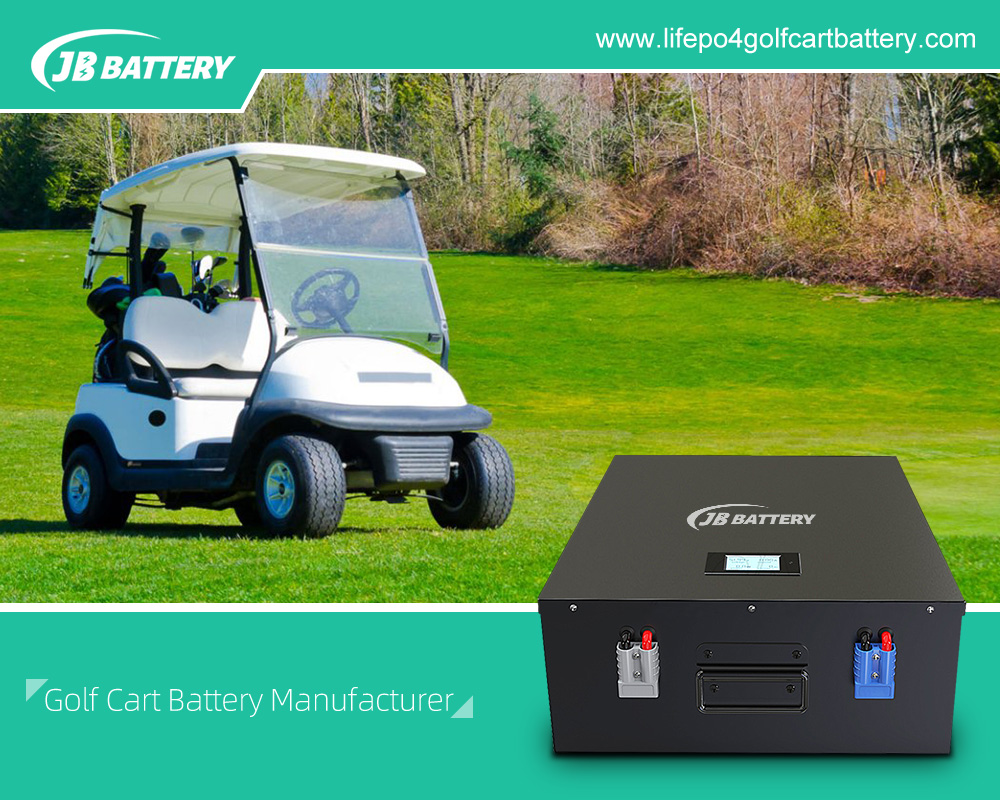
What Is The Most Efficient Battery For Golf Carts? Lead-Acid And Lithium
Lead-acid batteries are rechargeable power units with more than 150 years of history. While lead-acid batteries remain present and working well, more serious competition came from the newest technology in batteries, such as lithium batteries.
But, this article will help you understand the best batteries for your golf cart, whether you are an existing golfer or a potential owner.
Lead-acid Battery
Lead-acid batteries are the ancestor battery. It was developed around 1859, in the year 1859 by Gaston Plante. These batteries provide large charge currents and are inexpensive, which makes them ideal for motors used in automobiles as starters. Despite the rise of other kinds of batteries, Lead Acid batteries are the most frequently used rechargeable batteries.
Lithium Battery
Lithium batteries were developed in the latter part of the 70s, but they were commercialized in 1991 by Sony. Initially, lithium batteries targeted smaller-scale applications such as cellphones and laptops. However, they are now utilized for larger-scale applications such as electric vehicles. Lithium batteries are high in energy density and are equipped with specific cathode designs for different applications.
Comparing Lead-acid Batteries and Lithium Batteries
Cost
Regarding price, the patriarch battery will cost more than the Lead as it’s less expensive than batteries made of Lithium. While Lithium is a high-performance battery, it is priced at a high price that is typically two to five times more expensive than lead batteries.
Batteries made of Lithium are far more intricate. As a result, they require greater electronic and mechanical security than Lead. Additionally, costly raw materials, such as cobalt, are utilized to make lithium batteries, which makes the process more expensive than Lead. But, it is cheaper to purchase when looking at the lithium battery’s durability and performance.
Performance
Lithium batteries perform better when compared the lead-based batteries (3 times more than lead batteries). The lifespan of lithium batteries is longer than that of lead-acid batteries. Lead acid batteries are not very efficient after 500 cycles, whereas lithium batteries are excellent after 1000 cycles.
To avoid confusion, “cycle life” refers to the battery’s lifespan of total charges or discharges before it stops performing. In the case of the charging process, Lithium batteries are also more efficient and faster than lead batteries. For example, lithium batteries can be charged in just an hour, while lead acid batteries can take up to 10 hours to charge completely fully.
Lithium batteries are not as affected by environmental conditions as lead batteries. Hot conditions degrade lead batteries quicker than lithium batteries. They are also maintenance-free; lead batteries require regular acid replacement and maintenance.
The only way lead batteries can offer the same or better performance as lithium batteries are in extremely cold temperatures.
Design
In terms of design, lithium batteries are superior when compared to lead batteries in terms of design. They weigh 1/3 of lead acid batteries, meaning it takes up less space. This is why lithium batteries can be used in smaller spaces as opposed to cumbersome lead batteries of the past.
Environment
Lead batteries use an enormous amount of energy and create massive pollution. Additionally, lead-based cells could cause harm to animals as well as human health. Although it is impossible to say that lithium battery is completely free of environmental problems, Their higher performance makes them superior to lead batteries.
When changing batteries for your golf cart, what should you choose?
If you’re looking to swap the batteries in your vintage golf vehicle, it is possible to opt for Lead-based batteries if finances limit them. This is because the old golf cart isn’t as energy-intensive as street-legal electric golf carts, with a high energy requirement to power numerous luxury items such as refrigerators or sound systems.
For golfers buying an electric golf cart, it’s best to use lithium batteries to meet your energy needs. They are also more robust.
Benefits
There are many advantages to lithium-ion batteries as compared to lead-acid alternatives.
Capacity of carrying
When used in a golf cart, the weight-to-performance ratio increases significantly. In general, the lithium battery is half of the lead battery used when it comes to weight. This means that the car’s weight decreases too, and the cart can operate with a lighter weight. This means faster speeds and less effort required to complete tasks. On the other hand, the cart can carry greater weight than the lead-acid-powered carts.
Maintenance
Lithium-ion batteries do not require any maintenance whatsoever. Lead-acid batteries must be regularly checked and maintained. This will result in more time saved and less expense incurred due to personnel and the expense of tools and equipment employed for maintenance. In addition, there aren’t any chemical spills as in the lead acid case, and the golf car will not require the inconvenience of a long period.
Speed of charging
Lithium-ion batteries and lead-acid batteries require charging. It is not a matter of whether they are utilized in an electric vehicle or golf cart. The need to charge is absolute. It takes some time to recharge the battery fully. If there isn’t an additional cart available in the meantime, it is necessary to end all activities and charge the batteries when it’s the right time to charge. Golf carts require constant speed and power across various surfaces. Lithium-ion batteries are capable of doing this with no issues. The cart is prone to slow down when using lead-acid batteries because of the voltage. It takes some time for a lead acid battery to recharge compared to lithium-ion alternatives.
Conclusion-Lead-acid in comparison to Lithium
In comparing Lead-acid and Lithium batteries, the primary aspects to consider are the cost, performance, and Longevity. They also consider the environment. While lead-acid batteries are ideal for a low-cost initial investment, lithium batteries require a significant initial investment. But, lithium batteries will last long enough to be worth the investment.

For more about the truth about lithium ion vs lead acid golf cart batteries in golf car,you can pay a visit to JB Battery China at https://www.lifepo4golfcartbattery.com/differences-beeween-lithium-ion-vs-lead-acid-batteries/ for more info.


